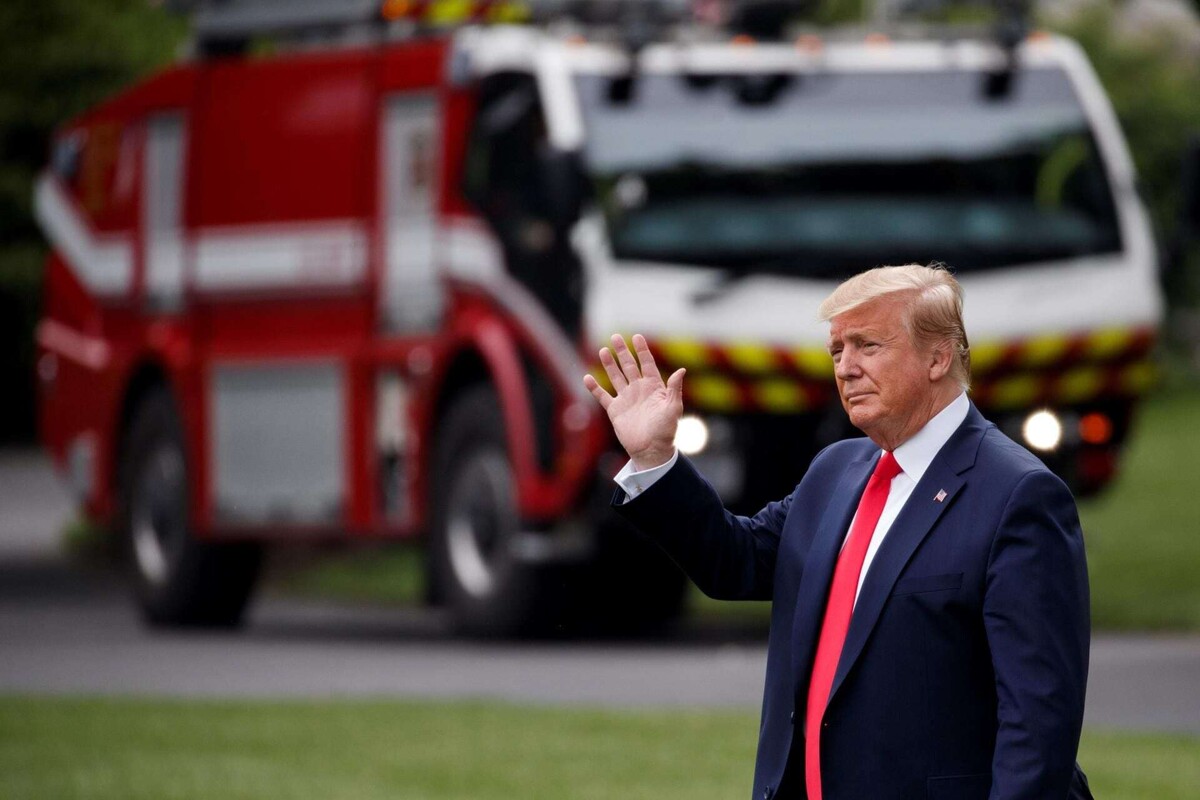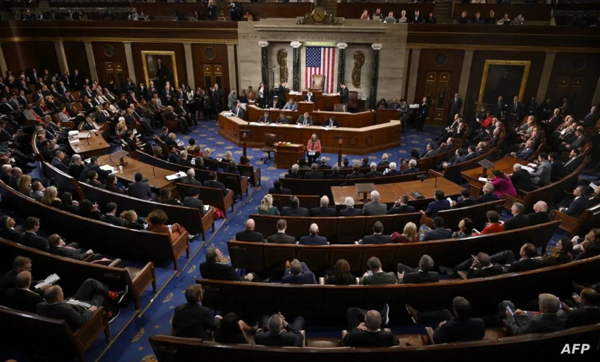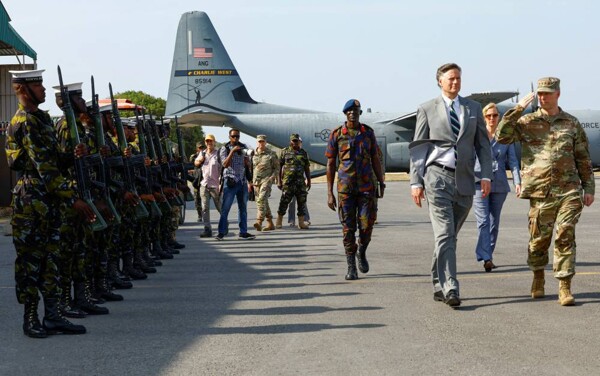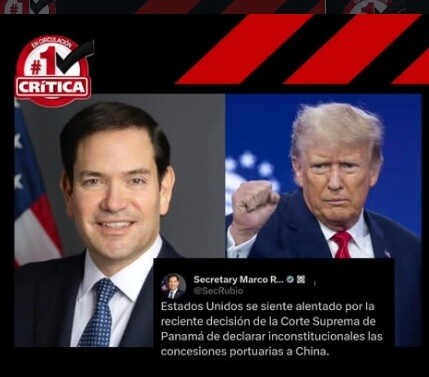
In March 2002, the United States extended tariff measures to China and Russia, raising tariffs for all by up to 30 percent. This generated international backlash and threats of retaliation, leading the European Union, Brazil, Japan, and China, among other countries, to take the dispute to the World Trade Organization (WTO). In November 2003, the WTO confirmed the illegality of these tariffs.
The President of the United States, Donald Trump, announced the imposition of "reciprocal tariffs" on countries that tax American products, seeking to match the rates applied to U.S. exports. The European Union (EU) is one of the primary affected by this measure. Although the new tariffs will not take effect immediately, they are expected to do so in weeks or months, initially affecting countries with a larger trade deficit with the United States.
These decisions are part of Trump's strategy to use tariffs as a pressure tool to obtain concessions in trade, immigration, and security. This measure adds to the 25 percent tariff on aluminum and steel imports, which will take effect on March 12, and the additional 10 percent tax on China, as well as the trade threats to Mexico and Canada.
Since the creation of the WTO in 1995, trade wars have been an exception. The United States has halved some of the new tariffs on Chinese products. In May 2021, a tariff truce was reached with the European Union. However, current measures aim to shape a new global trade scenario.
One of the most significant past trade conflicts was between the European Union and the United States in 1989 over hormone-treated meat. The United States imposed a 100 percent tariff on European products in retaliation for the European prohibition on hormone-treated meat. This conflict was not resolved until 2012.
Another significant conflict was the "banana war" between the European Union and 11 Latin American countries in 2012, which ended with an agreement after twenty years of trade disputes. There were also tensions between the United States and Europe over public subsidies to Boeing and Airbus, which were temporarily resolved in June 2021.
In summary, trade wars have been a constant in recent decades, marking significant conflicts between trading blocs and individual countries, with global repercussions.














